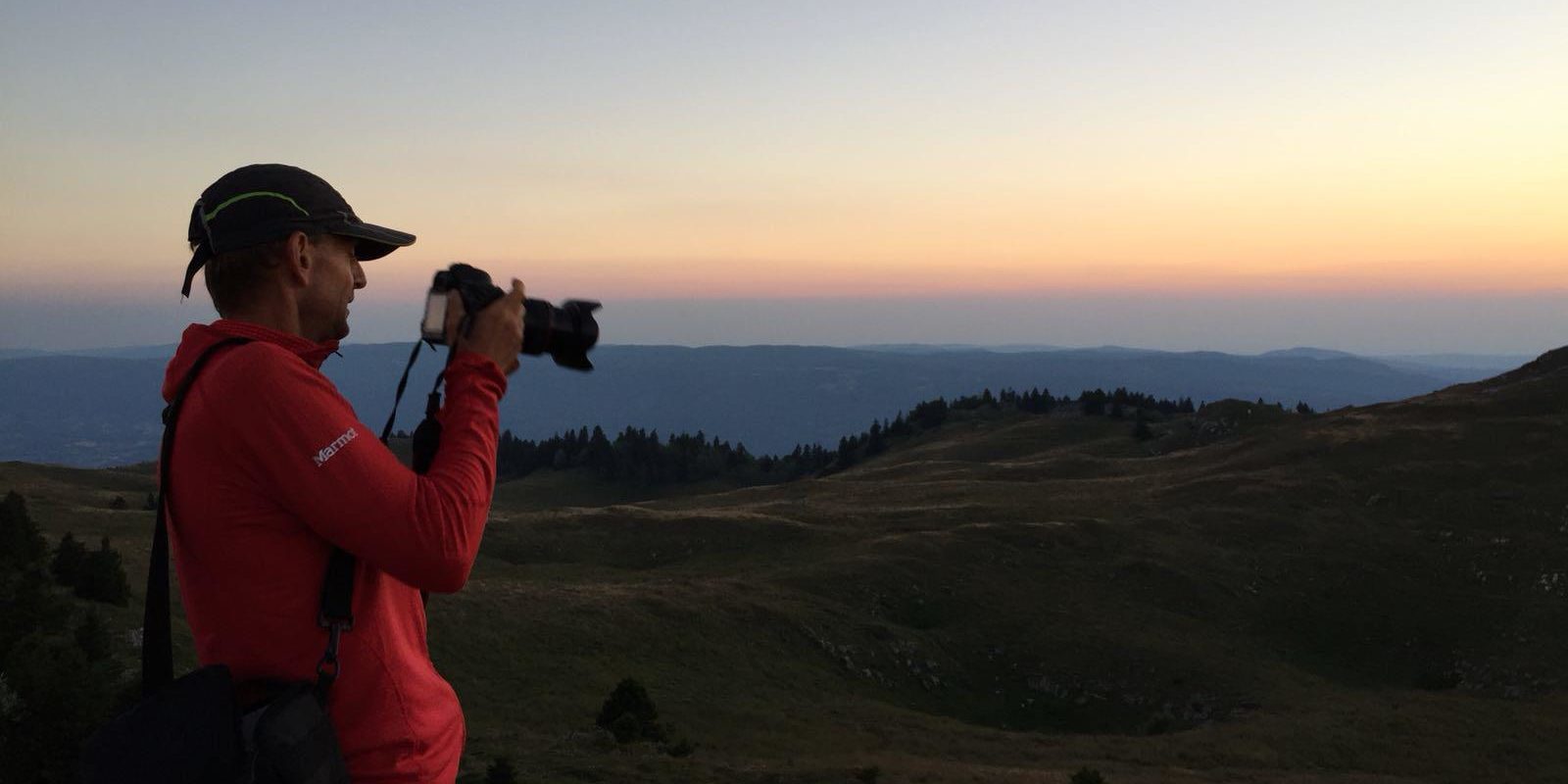
„Mum, I do not want to be a good cook,” says my daughter Terka today.
„What gave you that idea? “I ask. „I have taught you to do things well”. „Should I understand that you want to cook poorly or do not want to cook at all?”
By the way, I am setting „a good example”. My cookery sucks.
„I do not want to spend hours cooking, garnishing, and then everything is eaten in a second and nothing remains”.
„I would regret the time, if everything is gone and nothing is left”.
„You cannot view it this way”, I reply. „It depends if you like cooking, if it gives you pleasure and joy. Than it doesn’t matter how much time you spend. Time spent will make you happy as well as feeling that you made others happy too. They will appreciate your meal and eat it up. “
„Look Terka, you like to draw mandalas, right?”
„Sure, I do.”
„You know what happens to mandalas?”
„What?”
„In Tibet, they do mandalas from coloured sand. Not like in Europe where you colour mandalas on the paper. They are created by monks and it takes them a few days. As soon as they finish mandala, they dismantle it. It is reconciliation with the fact that things have their order and balance. They exist for a while, give a pleasure, and disappear. Those who walk around and see mandala will remember it. They will hold it in their hearts as they will remember a beautiful ornament and splendid colours. They will also remember mandala, since they will recall when, where and with whom they saw it. They will keep the image inside despite the fact that monks would dismantle mandala with their hands into a pile of sand and give the grains of sand to bystanders. It is the same as cooking. A nice meal you prepare will please someone for a while and then be finished. Satisfaction and delicious taste remain. “All right then, I will cook and wouldn’t mind that the meal will disappear.”
She leaves the room.
I still remember this conversation. I see Tibet in front of me. I was never there. Still the image of this place sneaks to my thoughts together with the sound of deep tones coming from long horns. They are used in Buddhists ceremonies. Their monotone sound is dark and empowering at the same time. I see Tibetan monks on their knees creating mandala. Each takes a straw to his hand, with unbelievable humbleness and precision, to create a perfect circle from grains of sand. It suffices to blow on the right spot. There are eight Tibetan monks but they change during the day. Each has his precise place and task. It is difficult to colour and dry all grains in a way that makes the perfect unity. The work usually takes a few days.
What else do I see? I heavy boot of a soldier that disrespectfully destroys it all. I have remembered this scene from the film Seven years in Tibet since I saw it for the first time. The same scene is coming every time when life is trying me. I am also trying to build up something that remains for a while and then it is gone. Perhaps, it remains in a heart. I would never think how important this scene will be in my own life. Until now. My being is the same. My mind is that sand. There is a vast space in front of me, empty so far. A figure is taking shape. It will be mandala, like the one from monks in Tibet. I do not see a circle yet. My mandala’s contours are unclear. Though, it will come. Together with the colours of the sand of my choice. Together with a theme, which I will give to my mandala.
I am trying to come into terms with the nature flow of life and its transience. I am trying to accept with humility that I will live my life without the person I loved and lived together for more than thirty years. I am coming into terms with the fact that I will go through my life without support of someone else and the same applies to my children. My soul is trampled down like the mandala by the soldier’s boot.
I have given all my time, talent and energy to our family life. Family, me, Petr and our children were my balance. Day by day, I will try to create a new mandala so that everything will be in equilibrium, while accepting its fragility, like the one of a sand of which it is composed. Conscious of the fact that it will remain in my and others’ hearts at least for a while of our borrowed time.
Lea Mandikova,
Geneva, 20.2.2020
